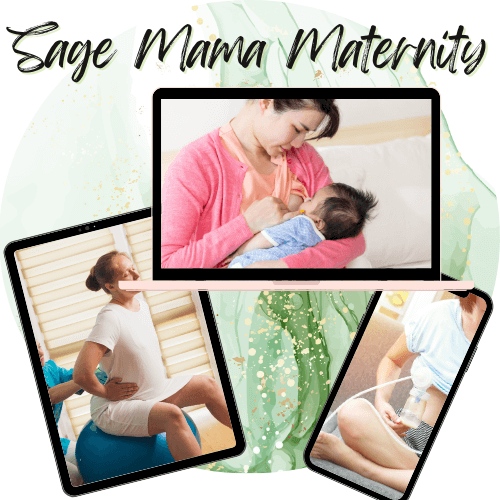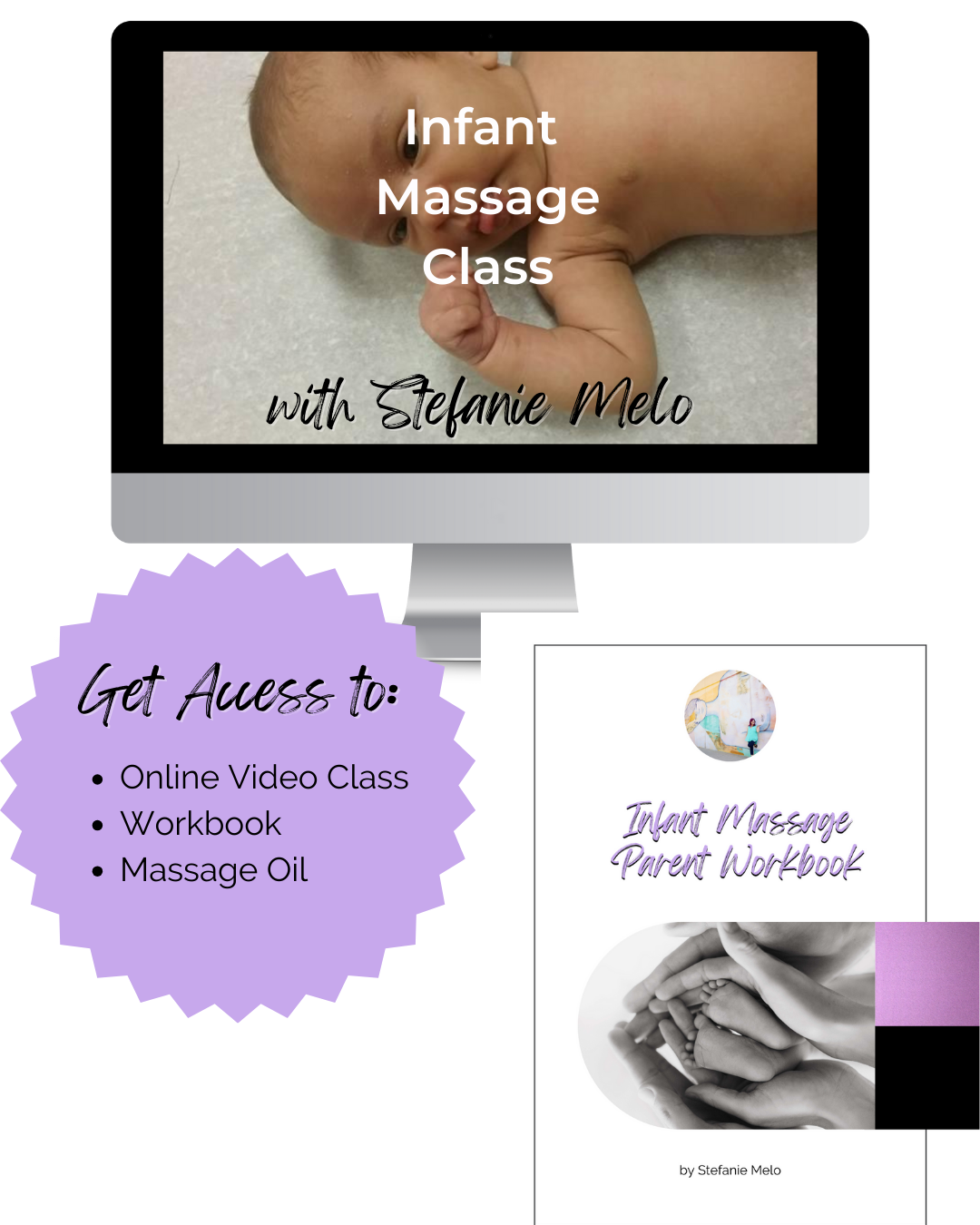Imagine with me a 21 year old Stefanie.
Awake before the cold, Minneapolis sun hits her window, she gathers her things and leaves her dorm room.

Having been in a Residence Life meeting until 10:30 p.m. last night: she is tired.
Her best friend has a thermos of coffee, mugs and they get in the elevator on the slow (like 30 seconds) ride from the fifth floor to the first.

They grab a booth in the mail room with their friend from another residence hall.
They sip, no guzzle, the coffee, chat and plan out the week ahead.
Before Stefanie worked for the leading time management company in the world (by the way thank you Heather for suggesting I apply for a position there!) she was checklist junkie.
She made lists,
lists for lists,
and lists of things she already done,
because dopamine and checklists are her jam.
She took 42 credits her freshman year (including the summer semester) and socialized pretty much all of the time.
Her first semester was pretty much all Cs, and her GPA never quite recovered.
For all her checklists, she didn’t really meet her goals that first semester.

These weekly planning sessions were part of the key to turning around the ship, wi becoming antisocial.
Weekly planning has been a key to my success as a college student, resident assistant, retail manager, business owner, massage therapists, doula and coach.
But here is something you need to know: weekly planning is the icing on a delicious cake NOT the cake itself.
When you only plan your days and weeks, you end up in your own little hamster wheel accomplishing urgent tasks but sometimes skipping the truly important ones.
You want to build your life on a foundation that is solid, your weekly schedule and tasks are not solid.

Build on the foundation of your values.
Values light your path and help you make tough choices, determine how you spend your time and invest your money.
In Cultivate Clarity, I guide you to clarify your values and deeply understand what that means on a practical level.
Your life is made up of the intention, thoughts and emotions you bring to your days.
Are the intentions, thoughts and emotions supportive of your goals, dreams and purpose?
If not, it is not too late.
Cultivate Clarity is open for enrollment.
It is the self-guided course you never knew you needed.
Here is what Gina says about it

 You're probably so excited about welcoming your baby into your home, if you're like most moms you're probably flipping through a few books, you've download some apps, and listening to your friend's and family's experience. You're probably doing your part to be a star patient for your doctor or midwife.
You're probably so excited about welcoming your baby into your home, if you're like most moms you're probably flipping through a few books, you've download some apps, and listening to your friend's and family's experience. You're probably doing your part to be a star patient for your doctor or midwife.I totally get that, and this is actually a problem because you're going to get you varied, sometimes conflicting advice that might not even work for your circumstance, and here is the kicker: lots of time's it not evidence-based guidance.
Instead of that, I want to offer you that working with a doula from your first trimester through your postpartum time is actually going to give you what you really need: cohesive information, expert guidance and the emotional support that every new mom deserves. It's like having an a doula in your pocket (or purse if that's where you keep your phone)
Hiring a Digital Doula is the best way to have a positive experience during your pregnancy, birth and postpartum. I would love to be your digital doula.
I’m so excited that my first DATED planners are ready for publication. I learned from Meggan Larson how to self-publish journals on Amazon in her course and I’m so grateful for it.
As you probably already know, I have journals available on Amazon, with three ones available for fall! Check those out here.
I’ve been a planner nerd since high school, loving buying a new school planner and using it to stay on top of my school work, part time job & social/church schedule.
In 2000, I landed the sweetest job I could have imagined. I was hired as a productivity consultant in a retail store for the world’s leading time management company. I absolutely loved this position, I had such wonderful customers and I learned all about aligning my productivity with my values.

I can’t emphasize strongly enough, how important it is that the way you plan your days, months and goals MUST be aligned with the person you are and the person you wish to become.
Too often we swing towards time management being about doing things faster, more intense. It’s about proving our worth to someone or something outside of us. Sometimes it is about proving to ourselves that we’re awesome and measure up.
I want to tell you, it is none of that.
Time management, planning and goals serve the purpose of aligning your time and tasks with your values, goals, dreams, desires, mission, purpose, relationships.
Let me say that again with a new emphasis. Time management, planning and goals serve the purpose of aligning your time and tasks with your values, goals, dreams, desires, mission, purpose and relationships.
If you are using a planner to fulfill a purpose and values system you are called to, it will feel SO different, than if you fill your days with obligations and responsibilities that are in contrast with your unique values & desires.
This is why I’ve created a suite of planning products to help you move forward into the life of your dreams. Your dreams don’t have to be to have the perfect blow out and drive the sweetest mom van on earth. Your dream life should include your hobbies, time with your favorite people and spending your hours in work, activity that lights you up and makes you feel more YOU.
The Cultivate Clarity Fall Planners are one of those products.
Here’s a short video showing you the contents of the planner.
The Cultivate Clarity Planner offers you a thorough, but not bulky approach to planning. It’s not as hefty as a wire or coil-bound 5 pound planner. Trust me, those big planners get heavy and prevent you from utilizing the planner because you can’t take it anywhere without craving a massage afterwards.
It offers 12 months of future planning, so you can jot down that wedding in June and your family vacation in March.
It offers a dated monthly spread, that allows you space to see your month-at-a-glance. It offers monthly task list for business and personal to keep your bigger tasks front of mind. The daily page is my favorite: you have space for your priorities, contacts for people you want to reach out to that day. You get to track your habits for hydration, movement, sleep, nutrition, mindset and supplements. It also has room for task list and notes.
When you purchase the Cultivate Clarity Planner on Amazon, you get a fast turn around time (3-4 days with Prime), a thorough day planner, without all the bulk and it introduces you to the foundations of my Life Management course: Cultivate Clarity.
Between the Planner & the Course you’ll be guided towards exactly how to define your roles and your values then to refine your goals and learn how to accomplish them. It’s a powerful way to move deeper into your dream life and become the woman you want to be.
Your life is more than a set of tasks you do, let me help you Cultivate Clarity in your life. There are five different covers, the insides are all identical. Click on the images to buy on Amazon.
 You're probably so excited about welcoming your baby into your home, if you're like most moms you're probably flipping through a few books, you've download some apps, and listening to your friend's and family's experience. You're probably doing your part to be a star patient for your doctor or midwife.
You're probably so excited about welcoming your baby into your home, if you're like most moms you're probably flipping through a few books, you've download some apps, and listening to your friend's and family's experience. You're probably doing your part to be a star patient for your doctor or midwife.I totally get that, and this is actually a problem because you're going to get you varied, sometimes conflicting advice that might not even work for your circumstance, and here is the kicker: lots of time's it not evidence-based guidance.
Instead of that, I want to offer you that working with a doula from your first trimester through your postpartum time is actually going to give you what you really need: cohesive information, expert guidance and the emotional support that every new mom deserves. It's like having an a doula in your pocket (or purse if that's where you keep your phone)
Hiring a Digital Doula is the best way to have a positive experience during your pregnancy, birth and postpartum. I would love to be your digital doula.









